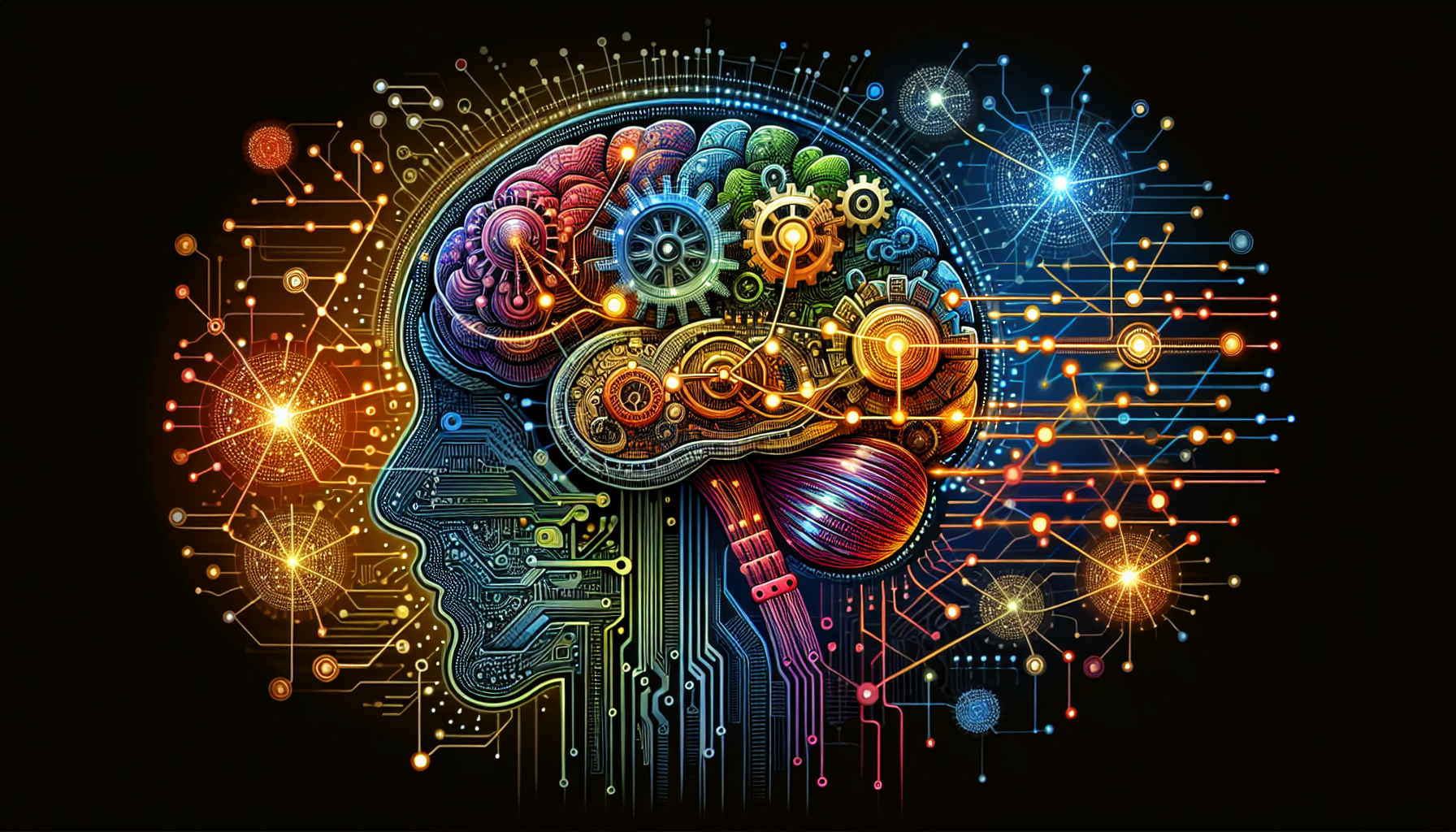Open-Source AI: The Ultimate Future of Artificial Intelligence? Remember the days of bulky encyclopedia sets, dusty dictionaries, and endless hours spent scouring libraries for information? Now, we simply ask Siri, Alexa, or Google Assistant, and within seconds, answers appear like magic. This, my friends, is the power of AI, subtly woven into the fabric of our daily lives. My own aha moment came when my smartphone, seemingly out of the blue, recommended a playlist that perfectly matched my mood. It was like the phone had become an extension of myself, anticipating my needs and desires. Have you ever wondered how AI is crafting your playlists or sorting your emails? It’s a fascinating world that’s transforming our everyday technology.
The Rise of AI in Everyday Gadgets
AI is no longer confined to the realms of science fiction; it’s embedded in the very devices we use every day. Our smartphones are perhaps the most ubiquitous example. From facial recognition unlocking to AI-powered photography that turns amateur shots into masterpieces, these pocket-sized companions are bursting with intelligent features. Let’s not forget the voice assistants that patiently answer our questions, set reminders, and even crack jokes (sometimes unintentionally!).
Beyond smartphones, AI is revolutionizing our homes. Smart thermostats learn our temperature preferences and adjust accordingly, saving energy and keeping us comfortable. Robotic vacuum cleaners navigate our floors with precision, leaving us with more time to relax. Even our refrigerators are getting smarter, keeping track of groceries and suggesting recipes based on what’s inside.
Open-Source AI: AI Mishaps When Technology Gets It Wrong
Of course, AI isn’t without its quirks. There have been moments when my voice assistant misinterprets my commands, leading to some hilarious situations. One time, I asked it to play classical music, and it responded by playing a heavy metal rendition of Beethoven’s Fifth Symphony! These mishaps remind us that AI is still evolving, learning, and occasionally stumbling along the way.
Open-Source AI: Democratizing Artificial Intelligence
The future of AI is not just about smarter gadgets; it’s about making AI accessible to everyone. This is where the concept of open-source AI comes in. Traditionally, AI development has been dominated by large tech companies with vast resources. Open-source AI challenges this status quo by making AI tools, libraries, and datasets freely available to the public.
Exploring the Nexus of AI vs. Human Intellect
The Benefits of Open-Source AI
Open-source AI fosters a collaborative environment where developers, researchers, and enthusiasts from around the world can contribute to the advancement of AI. This collaborative approach accelerates innovation, leading to faster development and more diverse applications of AI technology. Additionally, open-source AI promotes transparency and trust. By making the code and data openly accessible, it allows for greater scrutiny and understanding of how AI systems work. This is crucial for addressing concerns about bias, fairness, and ethical implications of AI.
Open-Source AI: Challenges and Concerns
While the potential of open-source AI is immense, it also comes with challenges. Maintaining the quality and security of open-source AI projects can be difficult without the dedicated resources of large corporations. Additionally, there are concerns about the potential misuse of AI technology, such as the creation of deepfakes or autonomous weapons. Addressing these concerns requires a collective effort from the open-source community and policymakers.
Examples of Open-Source AI Projects
Despite the challenges, the open-source AI community is thriving, with numerous projects pushing the boundaries of AI innovation. Here are a few notable examples:
- TensorFlow: An open-source machine learning framework developed by Google, widely used for building and deploying AI models.
- PyTorch: Another popular open-source machine learning library known for its flexibility and ease of use.
- OpenAI: A research organization dedicated to ensuring that artificial general intelligence benefits all of humanity. They have released several open-source AI models, including GPT-3, a powerful language model.
Open-Source AI: The Future of Artificial Intelligence?
Open-source AI is poised to play a pivotal role in shaping the future of artificial intelligence. As AI becomes increasingly integrated into our lives, it’s crucial to ensure that this technology is developed and used ethically and responsibly. Open-source AI offers a path towards democratizing AI, fostering collaboration, and building a future where AI benefits everyone.
